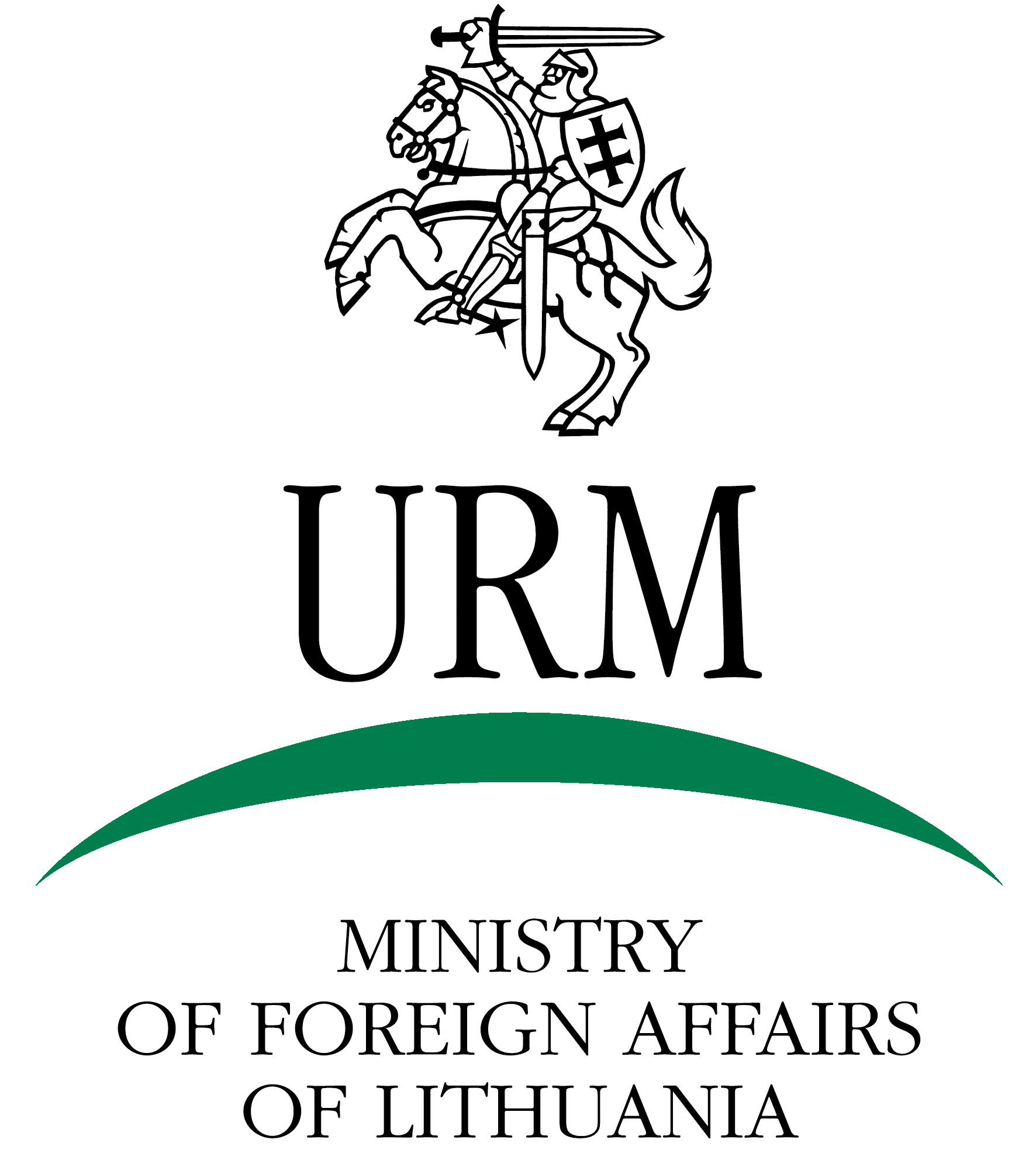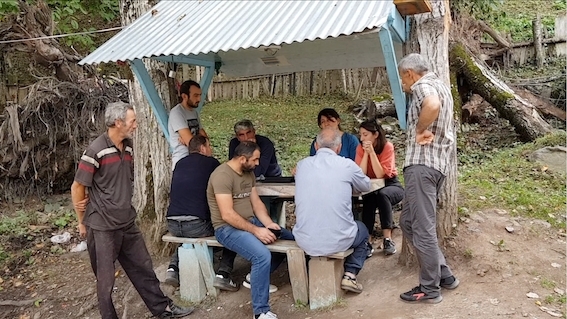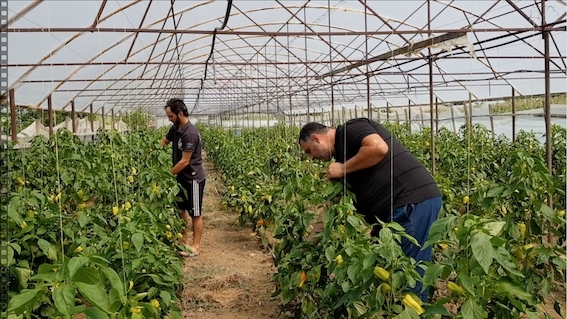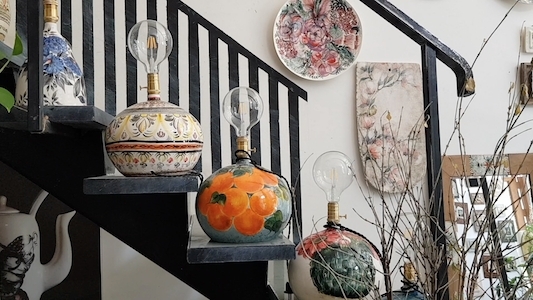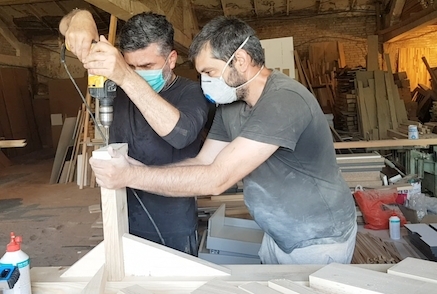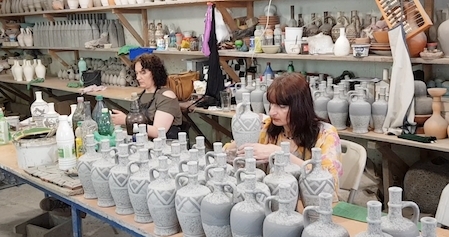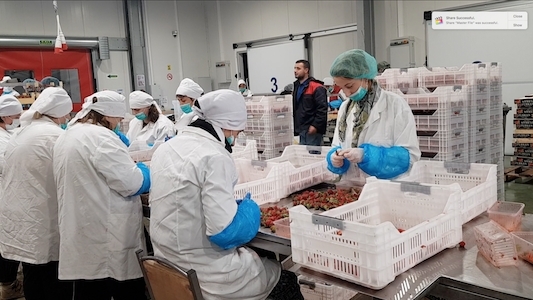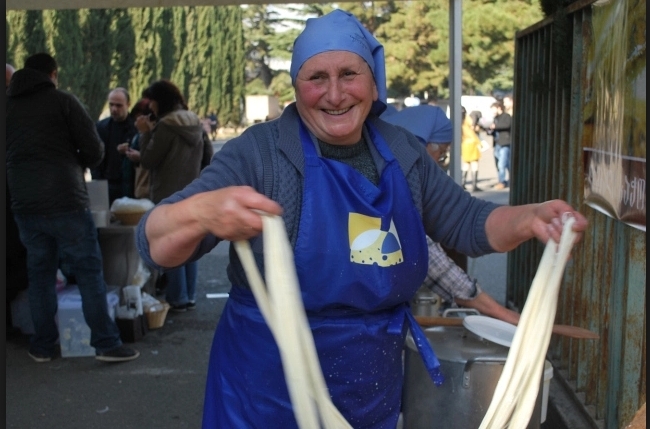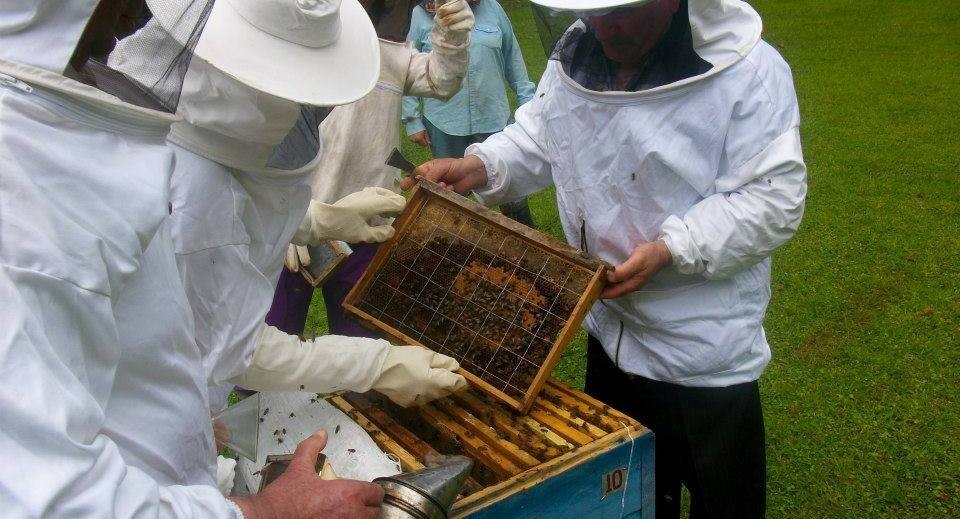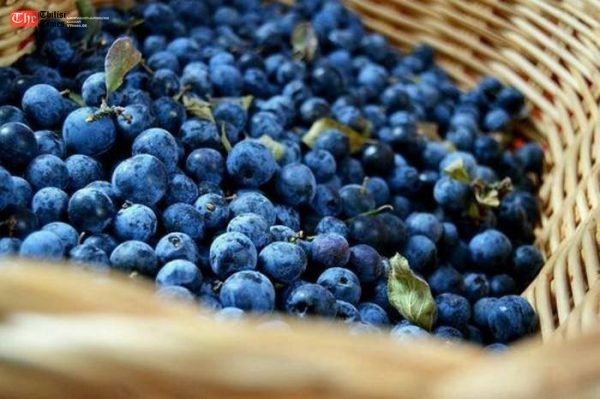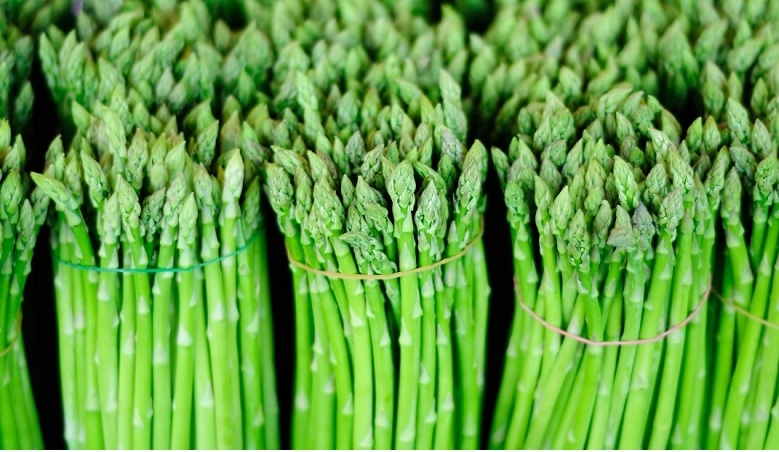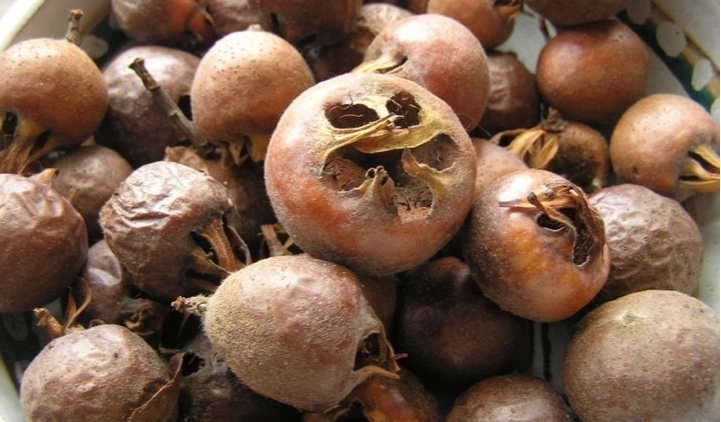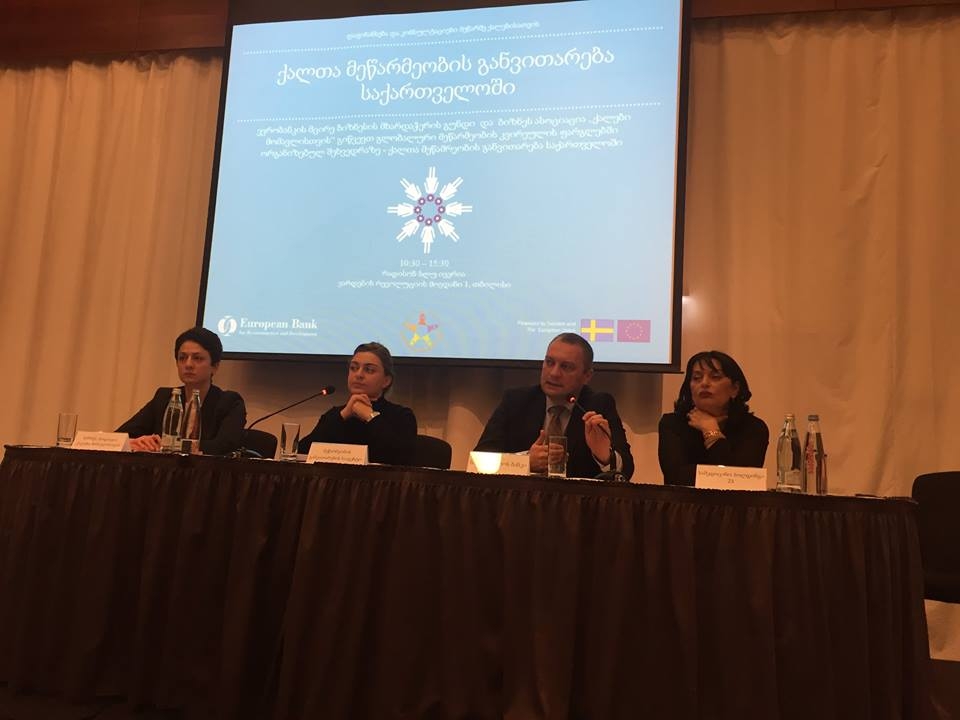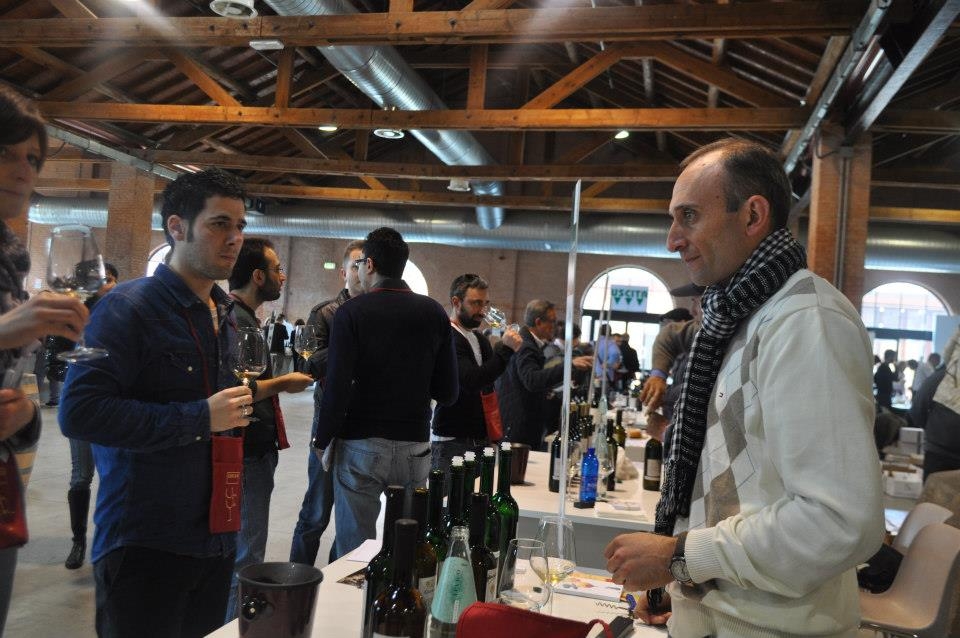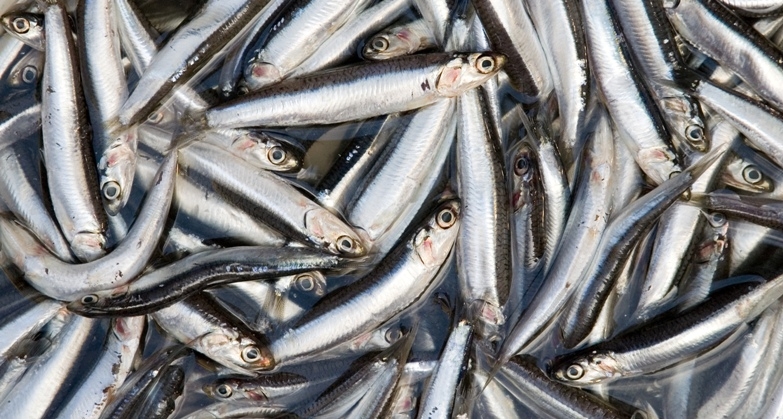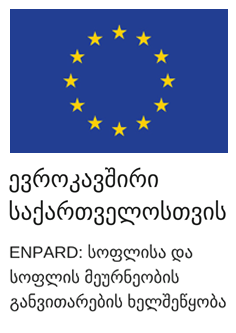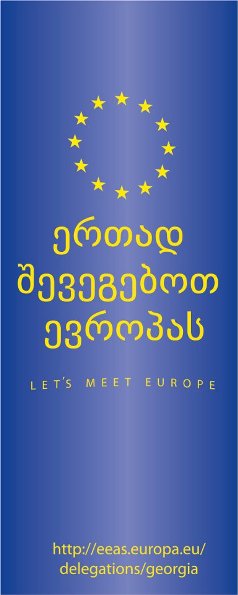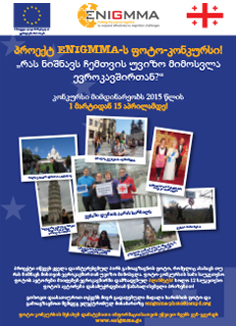Georgian Furniture Cluster (Sectoral Research)
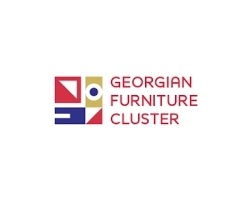
Abstract
This document was prepared by the In dept reporting and economic analysis center with the support of the European Union and the Ministry of Foreign Affairs of Lithuania. This research paper outlines furniture cluster problems based on information from cluster members and presents recommendations addressing those problems. The structure of the document is as follows: the first part covers a statistical review of the furniture sector in Georgia. The second part examines the furniture cluster more closely, the third part discusses the problems of the sector and in the last two sections are given the conclusion and recommendations.
Furniture Sector Review
Furniture production is only a small part of Georgia’s manufacturing sector. According to official data in 2019, its portion in the whole output of the manufacturing sector was 1.8% (183.1 million GEL), although during the last few years government names furniture production as an attractive sector for investors. In the document – “Review of Investment climate and Opportunities” issued by “Enterprise Georgia” the Furniture industry was named as one of the attractive sectors for investment. Most of the furniture producers in Georgia are SMEs.
Furniture production sector statistical indicators
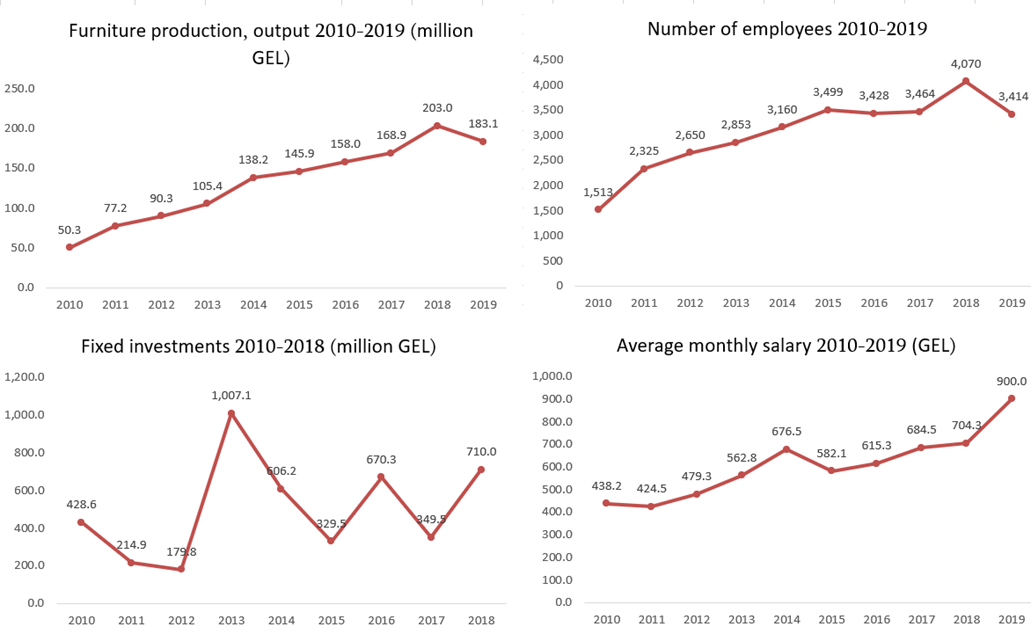
Source: geostat.ge
According to the official statistics during the last decade, the furniture production sector in Georgia was increasing. From 2010 to 2018 output was increasing constantly, but in 2019 output was 9.8% smaller (183.1 million GEL) compared to the previous year. In 2019, compared to the previous year decreased the number of employees in the sector too (-16.1%). Negative dynamics of these two factors may be conditioned by smaller demand for domestically produced furniture.
Fixed investment has a stochastic pattern, for example in 2018 compared to the previous year it has increased by 103%, but if we compare it with the 2016-2017 years, fixed investments are reduced by 47.7%. This pattern shows that already existing companies are not able to make additional investments, and/or the number of new businesses entering this sector is not increasing year by year. The average nominal salary of employees in the sector was increasing starting from 2015. In 2019 compared to 2018 the average salary in the sector has jumped up by 21.7%.
Furniture export statistics
Graph 1. Furniture export from Georgia, TOP 3 countries, and EU
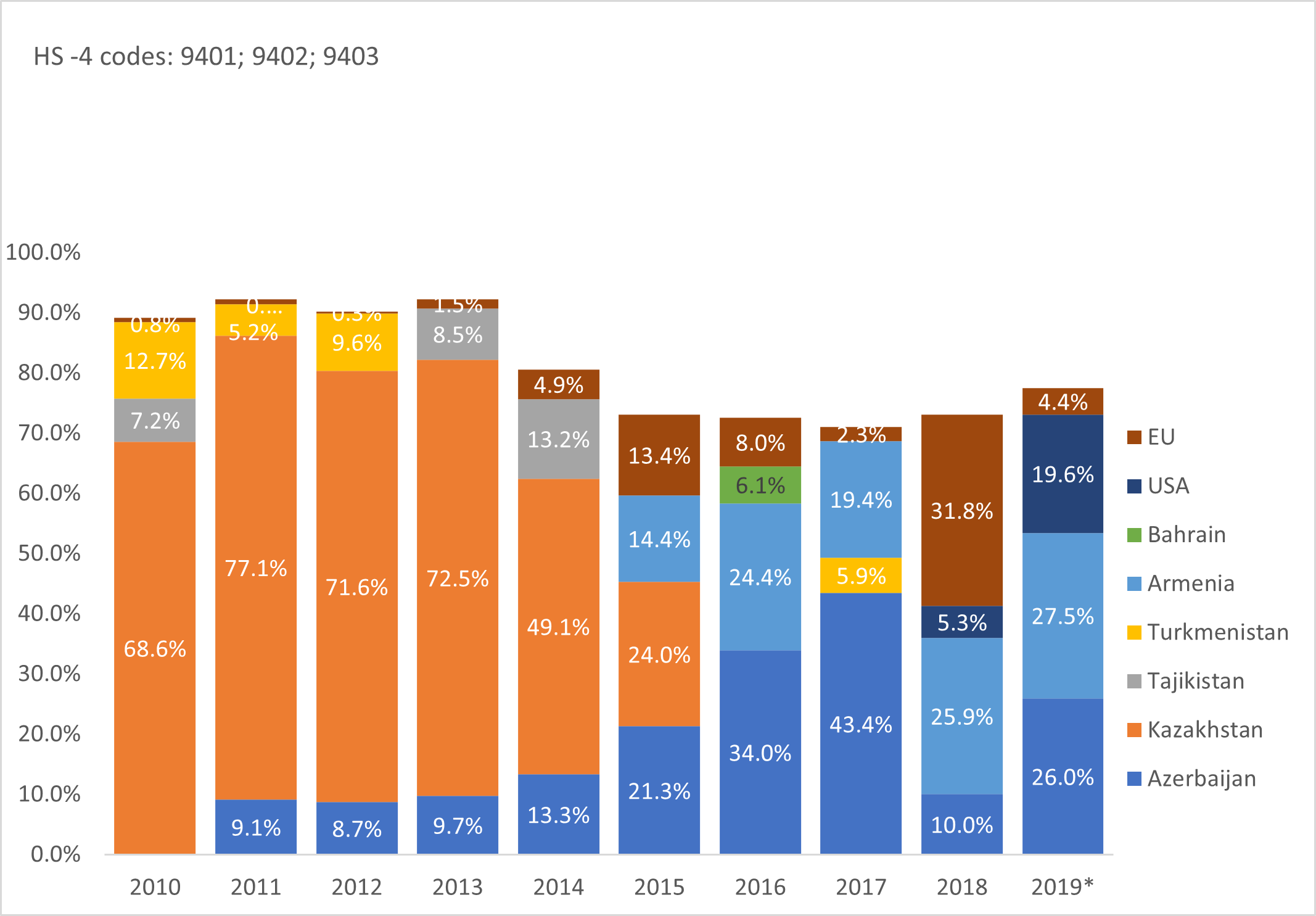
Source: geostat
*preliminary data
Graph 2. Furniture export from Georgia
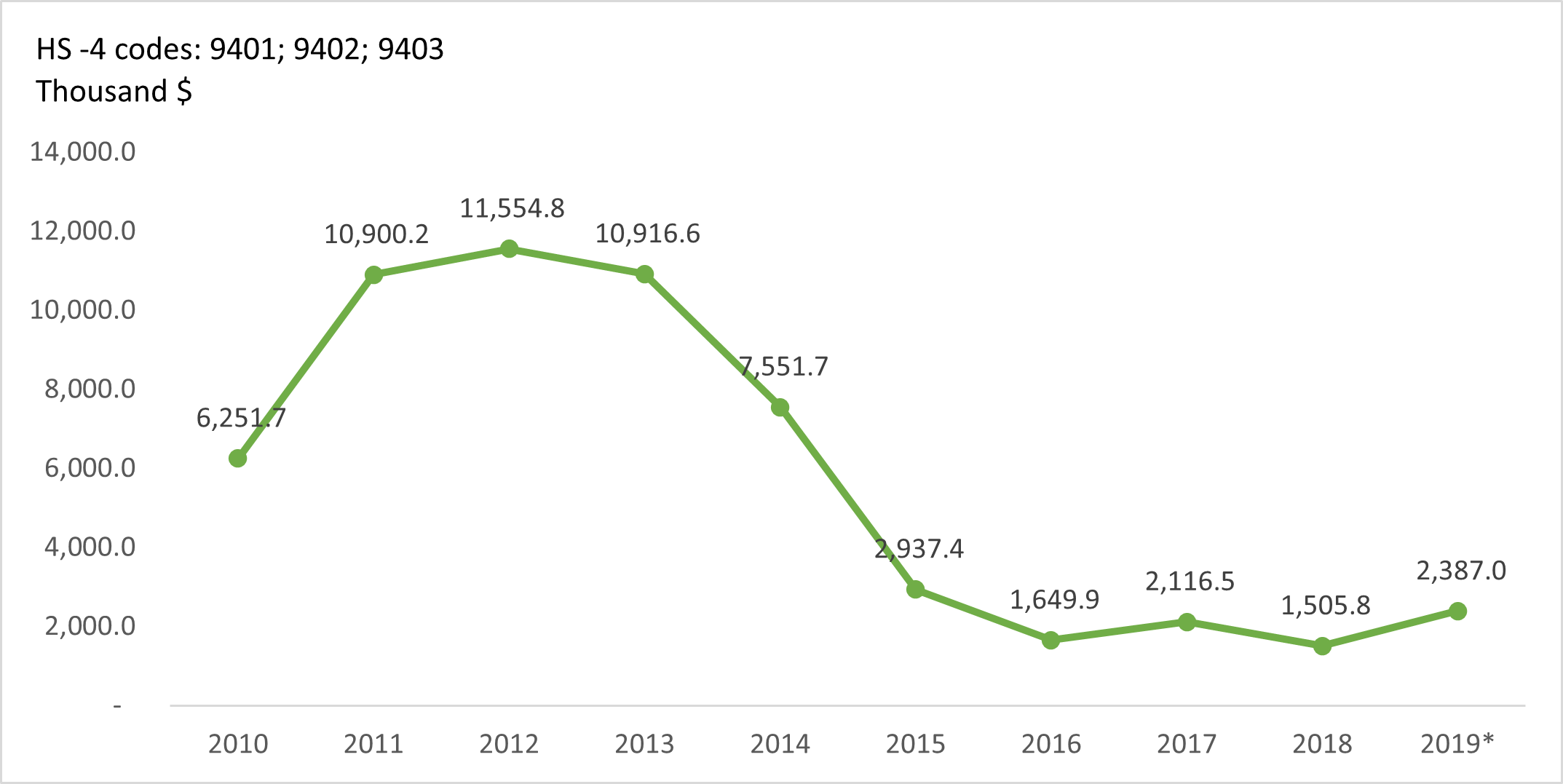
Source: geostat.ge
*preliminary data
In 2010-2013 years, the value of furniture export from Georgia was increasing, but starting from 2013 export value declined and in 2014 it was 61% less compared to the previous year (in USA Dollars). Major importing countries has changed from 2016, in 2010-2015 main partner country was Kazakhstan but from 2016 its part became insignificant and the main part among Georgian furniture importer countries took Azerbaijan and Armenia except for data from 2018 when EU countries portion in total furniture export was 31.8%, but in monetary terms its steal very small. On the Georgian furniture market, there are only several producers exporting furniture abroad systematically. Accordingly, changes in the official statistics may be related specific company. According to the furniture industry research published by AGIC in 2020, there are 22 leading furniture companies on the market. Sorted by income in 2018 first five companies were Ltd Embawood Georgia, Lts Emba trade, Ltd MEGAX, Ltd TAO, Ltd Pansilion.
External trade data shows the instability of the market. Year by year leading trading partner countries is changing. Trading volume with EU countries is small. Georgia still can’t use the advantages given by DCFTA with the EU in this sector.
Furniture export potential in EU countries
The furniture industry and its exporting potential were explored by the German development agency (GIZ) and initiated by the Georgian government, as a result, GIZ issued a research document. Unfortunately, the document was not published. Although in the past few years government and donor organizations were supporting the furniture production sector in Georgia affirming that sector has a development perspective. Today, many producers are not ready to think about exports, yet even local demand is not satisfied, and export volume is small. Industry experts and manufacturers claim that despite the scarcity of raw wood materials, Georgia has the potential to find its niche in the EU market and this should be high-quality furniture. The experience of exporting companies shows that both wooden products and upholstered furniture are attractive for the European market. The main determinants of demand are the quality, origin, and price of furniture.
Seeing the forest resources of Georgia, the country has a substantial perspective in the development of beech (Fargus spp) furniture production, as 48.5% of Georgia's forests are beech (Metreveli 2002). Georgian manufacturers evaluate beech wood as a relatively cheap material compared to Oak for example. However, it is a hardwood, deciduous tree that is actively used in furniture production around the world.
There is no exact data on the volume of sustainable timber production in Georgia, however, in 2019, the Georgian Forestry Agency started the process of national forest registration. According to the results of 2019, the inventory process has been completed in three regions in Adjara, Guria, and Mtskheta-Mtianeti and the relevant data are being processed. Until now, there were only speculations about the production potential of wood. According to the calculations made by the National Forest Agency in 2016, from the forest under the jurisdiction of the Agency, 288,000 cubic meters of wood logs can be produced. The same calculation in the document prepared by the consulting group GFA for GIZ is 600,000 cubic meters.
Figure 4. Export of wood material from Georgia
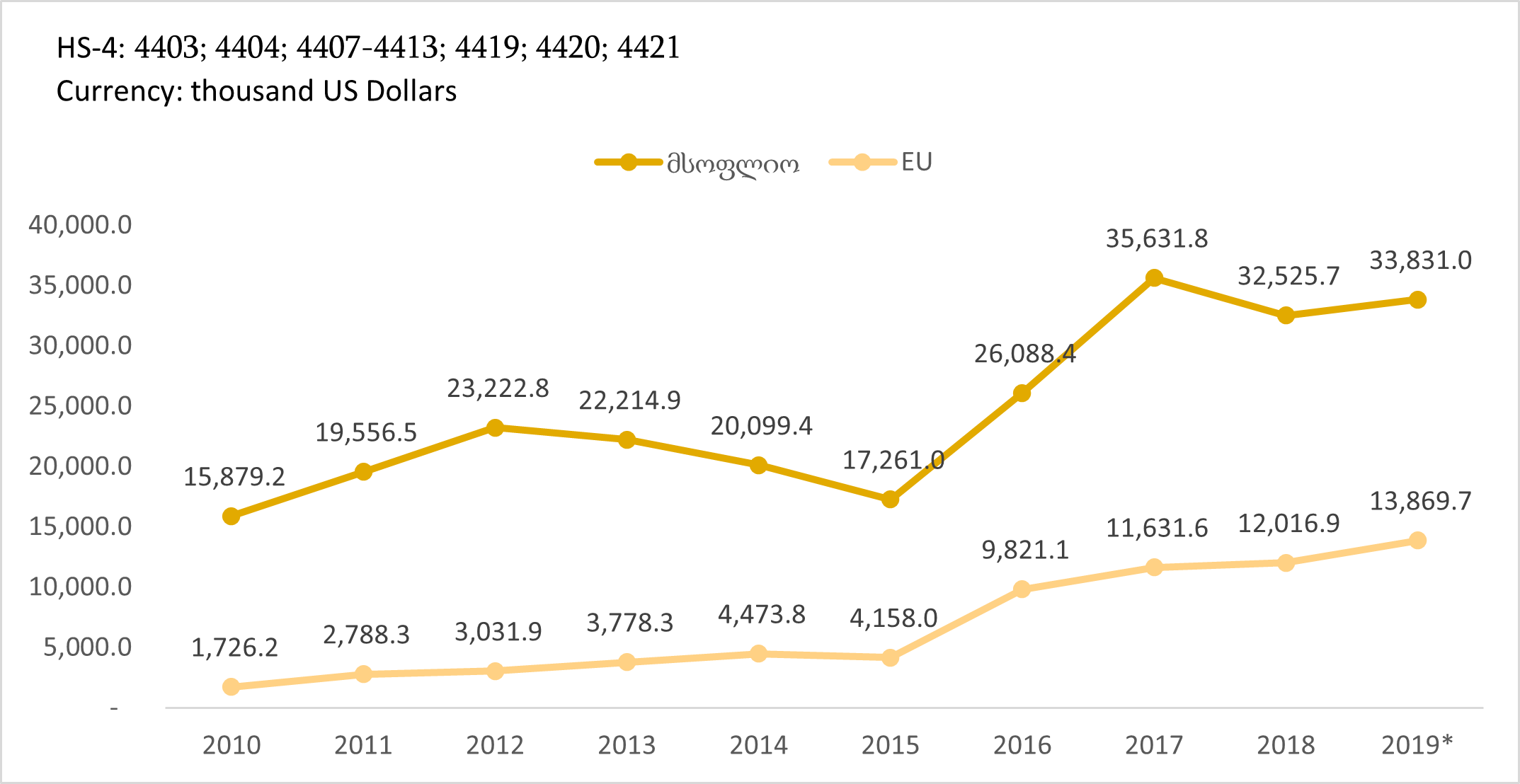
Source: Geostat.ge
*preliminary data
In the last ten years, exports of wood and furniture parts were growing. At the same time, the share of exports to the EU in the total market value is increasing. Reflecting that the interest in the export of wood from Georgia is growing, although we do not see a corresponding trend in the export of furniture. It should be noted that there are separate cases when the product, which is ready-made furniture and consists not only of wood material but also of soft parts, is exported under the code 4421 (wood products, etc.). Accordingly, the information given in the figure above may include the furniture data.
As for the legal requirements for furniture manufacturers, there are no quality requirements in the local market in Georgia, however, if we consider exports to EU member countries, in this case, the manufacturers must meet certain requirements to qualify for the DCFTA, which gives privilege to the importing party to not to pay the import tax in its own country. First, the product must have a certificate of origin (EUR.1) issued by the Revenue Service of Georgia. The product must be wholly manufactured on the territory of Georgia or the European Union, or it must be sufficiently processed in Georgia to be considered as locally produced (detailed information is given in the first protocol to the DCFTA document). Certificate of Origin is a common requirement for all types of products in order for the importing party to be exempt from import tax, although often importing companies have additional requirements, so the exporter must first obtain information about the requirements from the importer himself. The second important requirement relates to the extraction of wood material used in the manufacture of furniture considering sustainable management methods. If the furniture is made of wood (not used wood) or partially used wood, the importer will usually request proof of sustainable extraction. Timber extracted in Georgia currently does not meet this requirement, but after the entry into force of the new Code, this condition will be met, as the new Forest Code provides for the management of timber resources according to the principles of sustainable development.
European market
According to the EOS (European Sawmill Industry) 2018-2019 report, in 2013-2018, in Europe, the production of raw Roundwood increased from year to year, the growth was mainly at the expense of softwood, while the amount of hardwood was stable. The increase was observed only in Turkey. As for the production of sawn hardwood, Europe is a net exporter of this type of material. Major producers include Romania (1.6 million cubic meters, 2018), France (1.5 million cubic meters, 2018), and Germany (1.1 million cubic meters, 2018). Production of sawn timber in 2018 Decreased in these countries due to a shortage of raw materials in the local market. In France production of oak raw materials were reduced, while in Germany and Romania - beech raw materials. The main reason was the increased volume of exports outside the EU, which lead to reduced supply in local markets. Belgium faced the same problem. In Belgium, France, and Germany, 30% of sawmills have been shut down in the last ten years. The largest exporters of hardwood logs in Europe are France and Germany, and the largest importer is China. According to 2018 data, 31% of round timber imported from China in Europe was oak, 23% beech and 12% pine. Among the largest consumers of sawn hardwood timber (based on 2014-2019 data) in Europe is France, with almost 1.5 million cubic meters, Romania - 1.1 million cubic meters, Germany - more than 700,000 cubic meters.
European countries are world leaders in both furniture exports and imports. In 2010-2016, Germany, the United Kingdom and France were among the top five largest importers of furniture in the world, followed by the United States. Among the exporting countries, Germany, Italy, and Poland occupy leading positions (World Furniture Outlook 2017-2018). According to Eurostat, in 2015-2016, the import and export of furniture from non-EU countries were almost equal. In 2016, the EU imported furniture worth € 15.3 billion from non-member countries, of which imports from China accounted for 57% of the total value (€ 8.7 billion), followed by Vietnam (6%) and Turkey (6%).
Furniture and wood material exporting companies from Georgia to the EU
There are only a few furniture/furniture materials manufacturing companies in Georgia, currently exporting their products in European countries. We have identified three such companies, all three of which occupy different niches in the European market. These companies are:
"Georgian Products" - produces animal furniture and delivers to one of the largest online stores in Europe, which sells animal furniture made in Georgia throughout Europe. Georgian Products mainly uses imported materials in its production, only 31% of the materials are produced in Georgia.
"Madera" - produces wall decor from recycled wood, which is obtained in Georgia. Its main trading partner in Europe is the Netherlands.
CRP Wood - produces wood material with Finger Joint technology. Uses both local and imported raw materials for production. Its main trading partner is the UK.
Products manufactured by all three companies are competitive in the European market in terms of both price and quality. Exporting products meet the requirements of the certificate of origin EUR.1, therefore the importer does not pay import tax on the product purchased from these companies under the DCFTA agreement.
According to Geostat, in 2016-2018, the main transportation modes used in import-export of furniture between EU countries and Georgia were sea and land.
Source: Geostat.ge
The choice of transport mode depends on the destination country, price, and duration of transportation. Maritime transport is of special importance for the development of trade relations with Europe, due to the location of Georgia in the black sea basin. According to the information provided by the Maritime Transport Agency, container vessels enter Georgian ports from the ports of Turkey, Russia, Ukraine, Bulgaria, Romania, Greece, and Italy. The periodicity depends on the number of loads and is carried out once or twice a month. Ferries from Bulgarian ports also run weekly on the following routes: Varna-Poti-Chernomorsk and Burgas-Batumi-Burgas.
Georgian Furniture Cluster
The furniture cluster was created in 2017, with the support of the GIZ, the German Society for International Cooperation, and includes 35 small and medium-sized companies. Members of the cluster include not only furniture manufacturers but also design and advertising companies, as well as a woodworking company. Most of the cluster members make furniture from imported materials and mainly supply the local market. The purpose of creating the cluster was to develop its members and the industry.
The cluster, with the support of GIZ, participated in both international and local exhibitions and acquired the necessary contacts in the European market. Within the GIZ Project training for cluster members was conducted by invited specialists, cluster members prepared joint projects, a school of craftsmen was established, however, at the end of 2019, after the completion of the cluster support project, the cluster became less active. Today, the cluster still has a governing board completed with the representatives of member companies, although at this time the cluster does not have a hired manager who would work for the cluster development on daily basis.
To assess the current work of the cluster and the prospects for its future development, we asked the cluster members to evaluate the current situation in the cluster as well as the sector in general. The following circumstances emerged after talking to the cluster members:
- Cluster members are not against being in this type of union, although most of them at this stage are not willing to make a financial contribution for the cluster to function. At present, the membership fee is 150 GEL per year, however, it was planned to introduce a differentiated membership system, according to which members would have to pay the corresponding membership fee for the various service packages offered by the cluster.
- For most members surveyed, cluster functions and capabilities are unclear
- Some of the surveyed members do not have information about all the companies in the cluster
- For some of the surveyed members, joining the cluster did not bring specific results.
What does the cluster need to do to function better? Opinions of cluster members:
- Effective steps should be taken, for example, a long-term action plan should be clear for each cluster member
- New market information should be disseminated among cluster members
- The cluster should also increase the number of its members as more members will make the organization even more representative and bring additional revenue to the organization.
- The cluster should explore local sector issues and export markets.
Problems of the furniture industry - assessments of cluster members
The members of the furniture cluster named the main problems that hinder the development of their companies and, consequently, the industry in Georgia. Among the problems they named are unhealthy competition, access to finance, professional education, extraction of timber in the local market.
Unhealthy Competition
Furniture manufacturers point out that there are many unregistered entrepreneurs in the market who circumvent the law. Their products are cheaper than officially registered companies because of tax avoidance. As a result, registered manufacturers are in unfair competition with such manufacturers. The state is not able to detect illegal enterprises and take appropriate legal actions. Such workshops are usually small and work on individual orders, hence it is difficult to control them. Unregistered manufacturers mainly compete with small and medium-sized registered manufacturers. Georgia's furniture manufacturing sector consists mainly of small and medium-sized enterprises, so this problem further hurts the sector.
Professional Education
One of the main problems is the lack of professional staff. Cluster members point out that they find it difficult to find professional staff in the market, which prevents them from expanding production. Staff trained by vocational colleges in the country often fail to meet the requirements of furniture manufacturers. To solve this problem along with the furniture cluster a school of craftsmen was established in 2018, which is in Avchala, a city of craftsmen. The purpose of establishing the school is to train craftsmen for the cluster member enterprises. Its academic personnel consists of a total of two lecturers. The course lasts for two months and is fully funded by the state. So far, the school has trained about 100 applicants. However, the School of Craftsmen does not yet meet the requirements of cluster members for qualified staff, as the existing course at the school provides only basic knowledge to the graduate when the use of modern equipment requires special education. Manufacturers point out that high staff turnover is also a problem for furniture companies. Often craftsmen, after gaining practical knowledge, leave the enterprise and start working individually, usually illegally.
Access to finance
Although the state implements a loan interest co-financing program (refinancing rate + 3%) on strategic industrial areas, including wood processing, within the framework of the "Produce Georgia" project, thus reducing financial resources for the producer, access to finance remains a problem for SMEs. For an enterprise to be involved in a state program, its activities must be included in the priority areas named by the state, and then the bank must assess its creditworthiness. The bank conducts an individual assessment of each application, however, as the entrepreneurs say, if the enterprise is in a leased space, they have difficulty meeting the bank’s requirements to get the loan. The expansion of the enterprise requires the mobilization of additional financial resources, which they cannot do with their own funds. Some entrepreneurs are trying to avoid bank liabilities altogether, as they believe that furniture production in Georgia is unstable due to problems in the sector.
Local Wood Material
Most members of the cluster make their furniture from imported materials such as laminate and MDF. There are several reasons why Georgian manufacturers use mainly laminate or EMDEF and not natural wood.
The main determining factor is the lower demand for wooden furniture locally due to its high price however, it should be noted that in recent years, with the development of tourism, the demand for wooden furniture from hotels has increased in Georgia. In addition, furniture manufacturers find it difficult to obtain quality Georgian wood materials in the local market. They point out that often wood is sold unofficially on the black market and it is problematic for them to find legal manufacturers who can systematically supply quality material.
For their part, a company named Kazbegi-Pshaveli, a supplier of natural wood on the market, which is also a member of the furniture cluster, says that they find it difficult to make quality wood because the process of extracting and processing wood from the forest is delayed due to bureaucratic reasons, which affects the quality of the material at the end. At the same time, the timber that the forest agency allows the company to cut is often of poor quality, because the cutting of trees in Georgia is mainly for sanitary cleaning and is not industrial. There are also fewer woodworking specialists on the market, making it easier for many manufacturers to work with laminate or MDF materials.
The sector sees a solution to the problem of timber extraction in the adoption of the new Forest Code, which envisages the creation of business yards in regions. According to the new Forest Code, the state itself will cut and extract timber, which should reduce bureaucratic barriers and make the timber extraction process more transparent. The state officials themselves admit that over the years, because of the old Forest Code, the existing forest fund in Georgia has become poorer. The new code envisages the division of forest into different categories and only its agricultural category refers to the sustainable use of forest resources and the maintenance of forest protection functions. The categorization of forests should help improve the quality of timber resources extracted in Georgia. At the same time, social logging will be abolished and the purchase of forest material will be available to the population as firewood and for commercial purposes only from business yards. The wood material will be sorted, and the appropriate price will be assigned according to the quality. The new code was approved by the parliament in the third reading on May 22, 2020.
One way to solve the problem of timber shortage is to cultivate forest plantations. There is already a company in Georgia that has an Italian poplar plantation. The company named "Marani" is owned by a Danish investor. The company has been operating since 2016 and has cultivated a nursery on 160 hectares of land in the Samegrelo region. The company plans to plant Italian poplar plantations on 1,200 hectares in the future. The primary purpose of the plantation will be to produce bioenergy, however, the company also has a second project to supply the furniture sector, as Italian poplar is also used in furniture production.
As for the extraction of timber resources in the forests of Georgia, today, in addition to social logging, timber is extracted by processing industry companies, including licensees. Under the new code, it will no longer be possible to issue licenses to companies, however, according to 2020 data, 27 of the licenses issued in previous years are still active, and by 2028 all of them will be expired. One of the largest licensees is a Chinese company, “Georgia Wood and Industrial Development Co.” Ltd., which obtains timber resources in Samegrelo-Zemo Svaneti, Mtskheta-Mtianeti, Imereti and Kakheti regions. The company supplies raw materials to a furniture and wood material manufacturing plant in Kutaisi, in the Hualing Industrial Zone, which sells furniture on the local market and exports the material to Iran and Turkey.
Safety of imported material
Another problem that furniture manufacturers talked about is the quality of the materials imported to Georgia. According to them, the material is not checked at the border to see how safe it is for human health.
Conclusion and recommendations
The furniture cluster, as well as the furniture manufacturing sector in Georgia is at an early stage of development. The market is mainly operated by small and medium-sized enterprises, which are unable to expand due to several problems, although the sector has the potential for future development in both local and export markets. So far, Georgia is not able to find and develop its own niche in the European market, which is due to general as well as sectoral problems in the country:
- Uncontrolled market - Underground workshops are a particular problem for small and medium-sized enterprises. SME’s in the sector face unhealthy competition with them.
- Lack of professional workers - Production of quality and modern furniture requires knowledge of new technologies and relevant machine management, which is not met by craftsman trained in local professional colleges.
- Access to finance - For an enterprise to produce relevant quantity and quality furniture to be competitive on export markets, it needs additional investments to mobilize both production and human resources. Frequently SME’s cannot meet financial institutions’ requirements.
- Access to local wood materials - Georgia has untapped potential to produce wood furniture or furniture parts, as today timber resources are extracted from forests illegally and the final product is still sold on the illegal market. Registered producers are not motivated to buy timber on the black market because the material purchased on the black market is not accompanied by relevant documentation.
It is important for the future of the furniture industry in Georgia to develop a furniture cluster further, as a cluster is a union of SMEs that are difficult to develop separately. Small enterprises should use cluster capabilities efficiently to develop the sector. The cluster still needs support from donor and state organizations to be able to perform its organizational functions and raise the awareness of cluster members about the importance of the cluster.
The state should ensure the detection of underground productions and tighten control over them to eliminate unfair competition in the furniture market. The state should also provide control over the extraction of industrial timber resources in the country and increase its access to the legal market. Obligations under the new code must be fulfilled by the state.
The state should promote the development of vocational education programs in the country that meet the modern requirements of furniture production. To do this, it should engage in a dialogue with the School of Crafts based on the furniture cluster, with the rest of the cluster members and other vocational colleges to determine what requirements manufacturers have for training courses and develop new curricula that provide competitive staff to the furniture sector.
It is also important for the furniture cluster to participate in international exhibitions to explore export markets or to find contacts abroad. Cluster members explain that they do not have the relevant knowledge and connections to think about furniture export opportunities in the EU. Participation in international exhibitions for SMEs is associated with large financial costs. Accordingly, the state and donor organizations should continue to participate in international exhibitions of Georgian furniture enterprises to promote Georgian furniture in the world, which will help Georgian manufacturers to enter the European market.